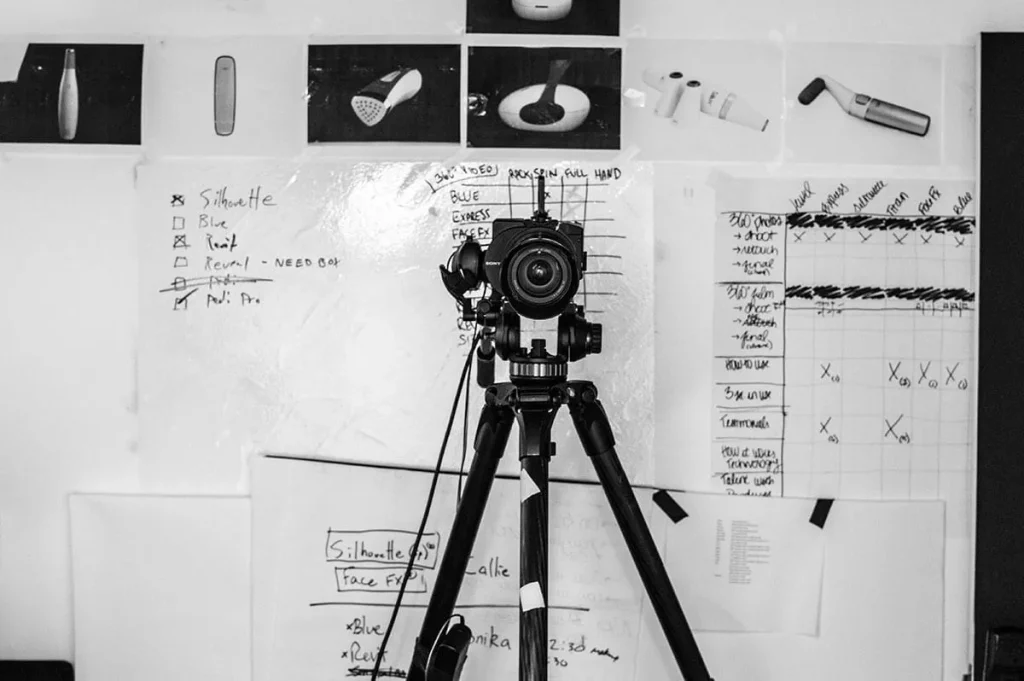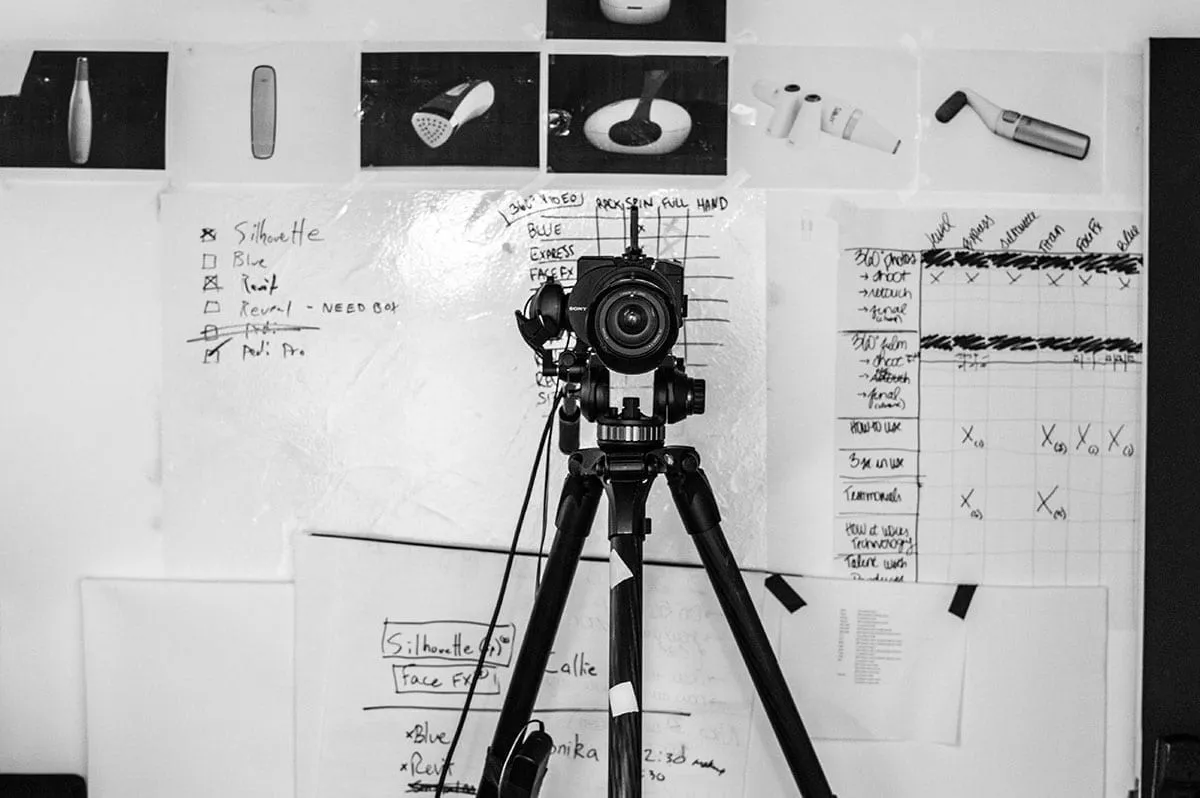
Pip Karmel, as a writer and director, showcased her remarkable talent with her debut film, “Me, Myself, I,” featuring the charming Rachel Griffiths. This Australian filmmaker has undeniably proven her ability to create outstanding cinema. Despite the Australian film industry being relatively small, there’s an undeniable wave of immense talent emerging from the continent.
Pip, like several of her peers, honed her skills at the renowned National Film School in Australia. Beginning her journey as an assistant editor, she enrolled in film school with the ambition of becoming a masterful film editor. During her time there, she crossed paths with director Scott Hicks, who presented her with an opportunity to edit his film, “Sebastian and The Sparrow”. This experience only fueled her passion and she returned to school with a renewed determination to branch out as a director. Along this path, she revisited her editing roots twice, working on Scott Hicks’ milestone film, “Shine”, and his subsequent venture, “Hearts In Atlantis”, featuring the illustrious Anthony Hopkins.
MM: “Hearts In Atlantis” and “Shine” – how would you differentiate the two from an artistic challenge perspective?
PK: “Shine” resonated with musical elements, presenting a unique set of challenges. The reason I jumped into “Hearts In Atlantis” was my rapport with Scott and the impeccable timing of the offer. Post “Shine”, I was focusing on directing and had just launched my first film. Concurrently, I embraced motherhood. When Scott approached me, my baby was just a few months old. This project was an opportunity to work on a noteworthy film during my baby’s early months. Directing seemed out of reach then. Collaborating with Scott is always a joy, and having Anthony Hopkins on board was the cherry on top.
MM: As an editor, how do you prepare? Do you analyze the script in detail before commencing?
PK: I glance over the script multiple times. Scott often jests about my casual approach to the script. After reading, I primarily focus on the footage available. Sometimes, I might overlook certain elements, but if a film can’t be extracted from the existing footage…
MM: …you’re heading for trouble…
PK: Precisely! While scripts are instrumental, once filmed, it’s the footage that’s paramount. Even if a scene looks compelling on paper, its on-screen execution can be a different ball game.
MM: Ever felt the need for additional footage after a scene has been filmed?
PK: On rare occasions, yes. Sometimes, if present on set, Scott would humorously point out certain shots, putting their success on my shoulders. However, with time, I’ve learned to adapt and tweak things. Surprisingly, most of the time, we can make do without extra shots.
MM: When editing, do you consciously integrate the production design? For instance, water-themed motifs were prevalent in “Shine”.
PK: By the time the footage reaches me, these elements are predefined. While I could manipulate the scene’s significance, my focus predominantly remains on the narrative.
MM: In films like “Hearts In Atlantis”, how crucial can the inclusion or exclusion of a particular scene be?
PK: In most films, certain scenes, when added or removed, can pivot the film’s overall ambiance. Films like “Shine” and “Hearts In Atlantis”, which rely heavily on flashbacks, have these anchoring scenes. For instance, an initial scene in “Shine” was eventually dropped. Similarly, in “Hearts In Atlantis”, the opening and closing scenes underwent scrutiny. Editing is about the overall feel and impression a film projects. While a script might be a writer’s pride, the actual filming introduces myriad variables, often leading to varied interpretations.
MM: Anthony Hopkins, with his subtle gestures, conveys a lot without uttering a word.
PK: Indeed, editing sequences featuring actors like him is a delight. Their eyes narrate tales. But when he speaks, it’s sheer magic. Editing scenes with such an actor is truly an honor.
MM: Has your experience as an editor influenced your screenplay writing?
PK: Absolutely. My visualization has become more lucid. I’ve gained insights into what’s superfluous in writing and how transitions in films differ from prose. Often, what a writer envisions isn’t feasible for a director to shoot.
MM: Like depicting inner thoughts?
PK: Precisely. I’ve learned to steer clear of such pitfalls. (laughs).
